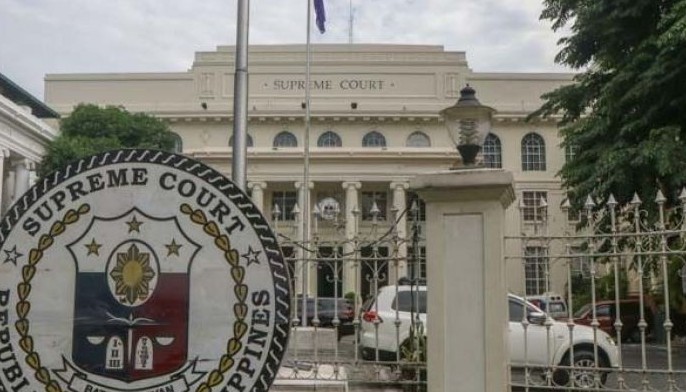MANILA, Philippines — The Office of the Solicitor General (OSG) has filed a response to the petition by agricultural groups challenging Executive Order (EO) 62, which mandates the lowering of tariffs on rice and other agricultural products.
In a 62-page comment filed on July 29, the OSG stated that the government did not violate due process, having complied with all necessary notice and hearing requirements.
“Additionally, there is no basis for issuing a writ of certiorari and prohibition to nullify EO. No. 62 (2024), as Respondents have not committed any grave abuse of discretion nor violation of the Constitution,” the OSG’s comment read.
On July 4, farmer groups Samahang Industriya ng Agrikultura, Federation of Free Farmers, United Broiler Raisers Association, Sorosoro Ibaba Development Cooperative, and a representative from Magsasaka Partylist petitioned the Supreme Court (SC) to declare EO 62 unconstitutional.
They argued that the National Economic and Development Authority (NEDA) and the Tariff Commission failed to conduct consultations with the affected farmer groups, unlike previous EOs.
The petitioners also claimed that the EO breached the constitutional duty of government officials to protect farmers from unfair competition and trade practices and to promote a self-reliant and independent national economy controlled by Filipinos.
In response, the OSG, citing a previous case with a similar issue, argued that there is no constitutional prohibition on the entry of foreign goods.
“While it is true that the Constitution encourages the development of local industries and preference for Filipino products, these principles can co-exist with reduced restrictions on foreign trade, in order to benefit Filipino consumers,” the OSG’s comment read.
The OSG also contended that determining the extent of restrictions on the flow of products is the duty of the executive and legislative branches of government, not the judiciary.
“If the question then becomes to what extent these restrictions must be raised or lowered, or for how long they are maintained, or if the inquiry goes into whether these tariffs will serve public interest if they benefit consumers while impacting local producers, these are properly ‘judgment calls,’ as this Honorable Court has termed. These decisions are entrusted not to the Judiciary, but to the Legislature and the Executive, which must determine the same in accordance with their constitutional and statutory functions,” the OSG said.
EO 62, signed by Executive Secretary Lucas Bersamin on June 20, altered the classification and import duty rates for several products, including rice, for the years 2024 to 2028. For imported rice, tariffs were reduced to 15% from 35%.
In June, NEDA chief Arsenio Balisacan stated that cutting rice tariffs would bring down prices. Central bank governor Eli Remolona also noted on June 27 that the reduced tariffs had tilted the inflation risk downward.


